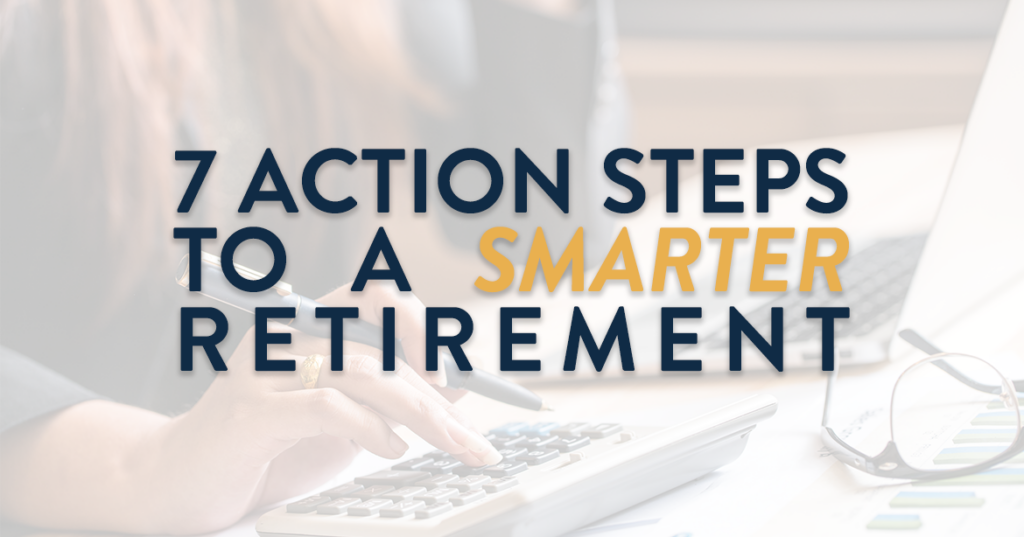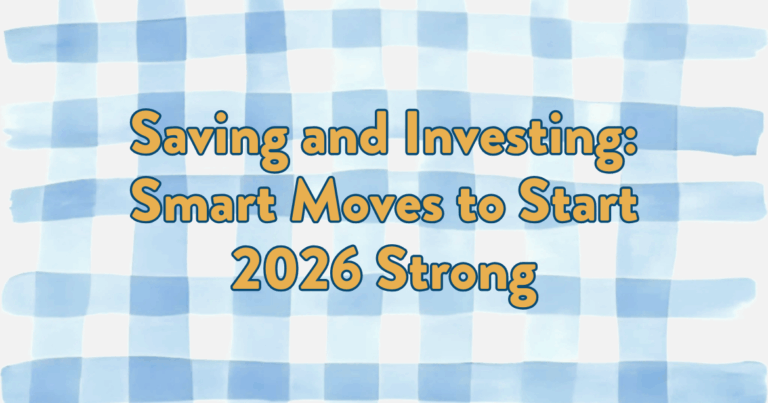Retirement can be confusing. Many people don’t even know where to begin when they start to think of retirement. Some of us feel like retirement is so far away so we just do nothing right now; that’s not a smart move. Others are nearing retirement and find it hard to comprehend life after work.
Let’s walk through 7 action steps to a smarter retirement that can help you make sense of this important time of your life. The steps are easy to remember; they spell out RETIRED.
Step 1: Retain Income
Retirement is not about how much money you have saved, it’s all about income. For example, we have seen clients that go into retirement with very little assets but they have a low-income need and they may have a nice pension, so they are in good shape. On the other hand, we have seen clients that go into retirement with more assets than the average person, yet their income need is so high that they actually struggle to have an enjoyable retirement. It’s important to begin planning so that you will know what your income will be in retirement.
Step 2: Eliminate Debt
It’s always good to have no, or very little, debt no matter what stage of life you are in. This gets even more important when you get to retirement. You don’t want to go into retirement with a lot of credit card and consumer debt. It is best to have the house paid off before you retire, but don’t stress too much if you are not in that situation. Eliminating debt is the best way to reduce your income need. If you don’t have as much debt, then you don’t need as much income. If you are not taking excess income to pay debts in retirement, then your assets will last longer for you.
Step 3: Tame Taxes
I can’t think of anyone that just loves to pay taxes. If you are in or nearing retirement and all of your money is in pre-tax accounts, remember to only withdraw what you need each month. If you take excess amounts from these accounts, you’re really paying unnecessary taxes. If you have some time between now and retirement, you may want to consider taking advantage of a Roth IRA or Roth 401(K). Your money will go into these accounts post-tax. The Roth IRA offers tax deferral on any earnings in the account. Withdrawals from the account may be tax-free, as long as they are considered qualified. Limitations and restrictions may apply. Withdrawals prior to age 59 ½ or prior to the account being opened for 5 years, whichever is later, may result in a 10% IRS penalty tax. That means you get all of the potential growth of those investments and you don’t have to pay a penny in taxes!
Step 4: Invest Wisely
Make sure you are working with an advisor who will put together a written retirement income plan for you. You want to be able to see what your income is going to be each month of your retirement. A wise investment strategy can help your money last as long as you do. We use the GenWealth Ready to Retire Process™ to create a smarter plan for your money that focuses on preservation and growth (if you want to learn more, click here).
Step 5: Reduce Risk
Speaking of investing wisely, you may want to take some risk off of the table when you are in or nearing retirement. This is where our time-segmented approach to retirement income comes into play. You want the money that you are going to use early in your retirement to be available, so you should consider more conservative investments if necessary. You can go for more growth with the money that you will not be using for several years.
Some other risks that you need to be aware of as you near retirement are the premature loss of a job, health scares, and debilitating diseases. One of the largest expenses that you may be confronted with during your retirement is the cost of long-term care. Have you factored this into your retirement plan?
Step 6: Establish A Legacy
Whether it be your kids, your Church, or some charitable organization, if you want to pass money along after you’re gone, your advisor needs to know about it. Your legacy needs proper planning to make sure your money goes where you want, when you want, and how you want. If you have not done any formal estate planning, now may be the time to start that process.
Step 7: Dream
This is the fun part. Dreams are the fuel for the flames of success. Make sure that you know what you want to do during retirement. Doing nothing in retirement can be awful for your morale and even your health. We encourage all of our clients to really think about what it is they want to do with their time before they retire. Part of the dreaming process starts with meeting with an advisor to begin crafting your retirement plan.
Next time you don’t know where to start when you are thinking about your retirement, think of the acronym R-E-T-I-R-E-D for seven action steps you can take toward a smarter retirement!
The opinions voiced in this material are for general information only and are not intended to provide specific advice or recommendations for any individual.





